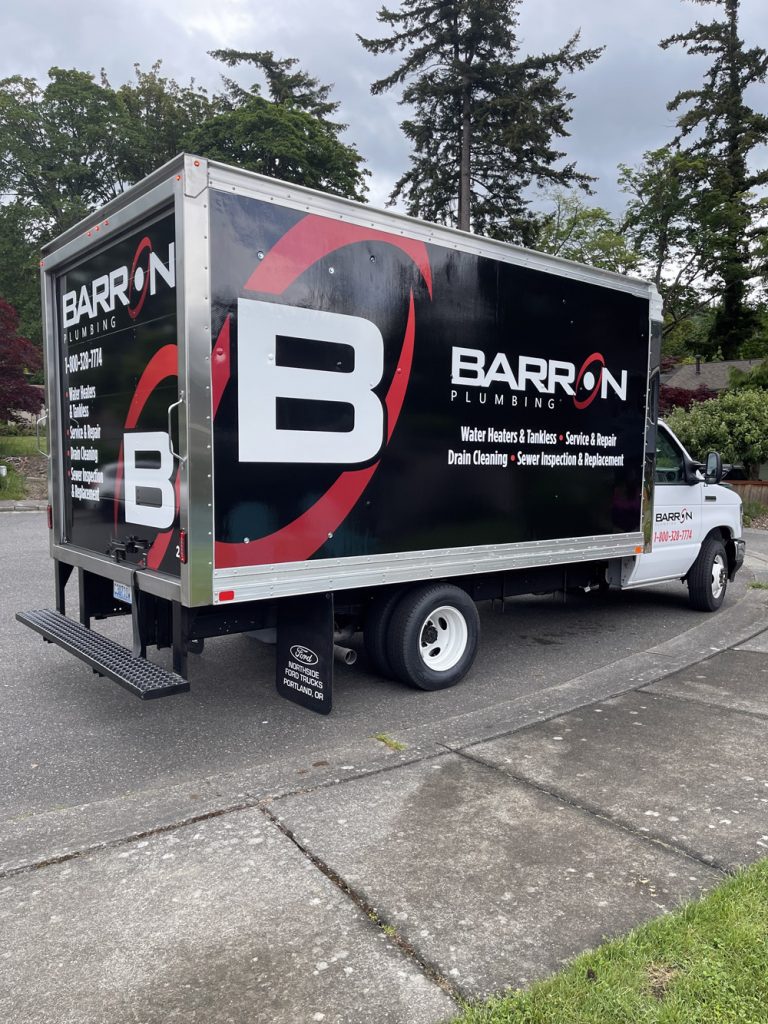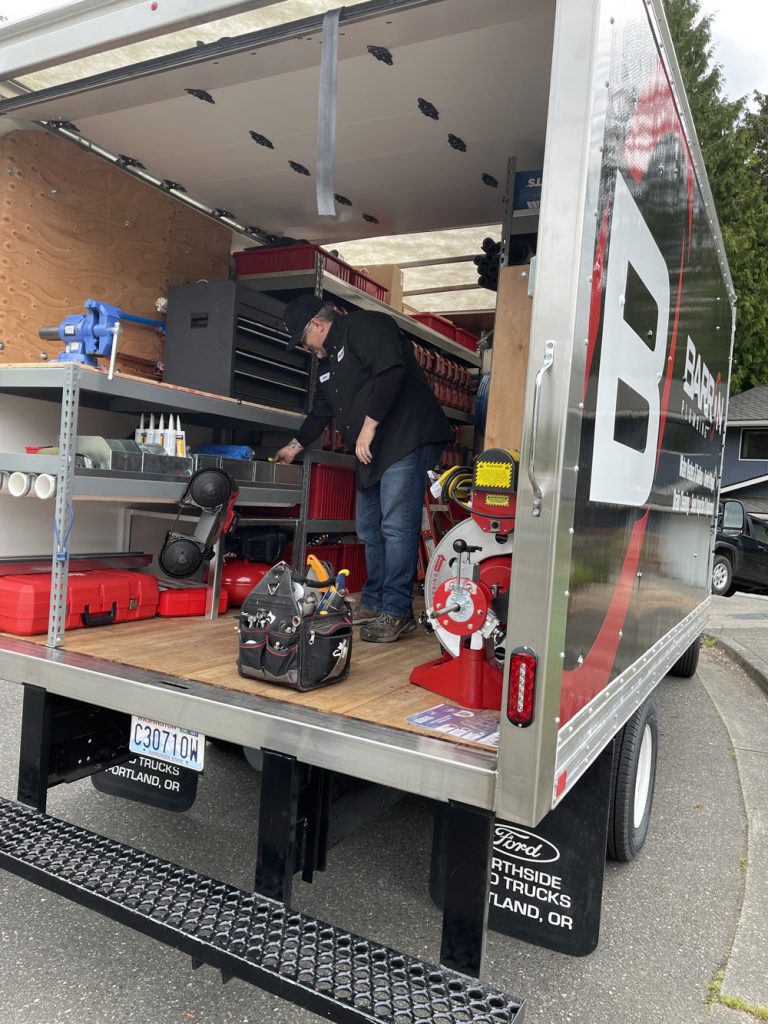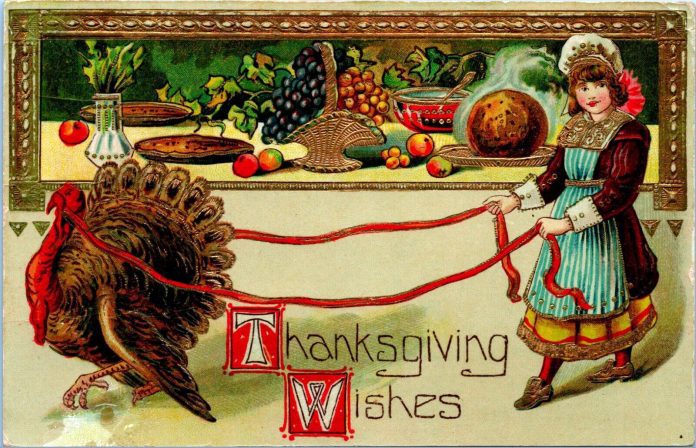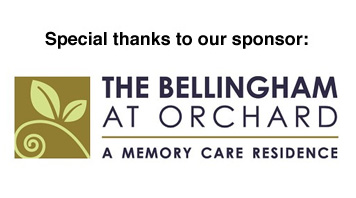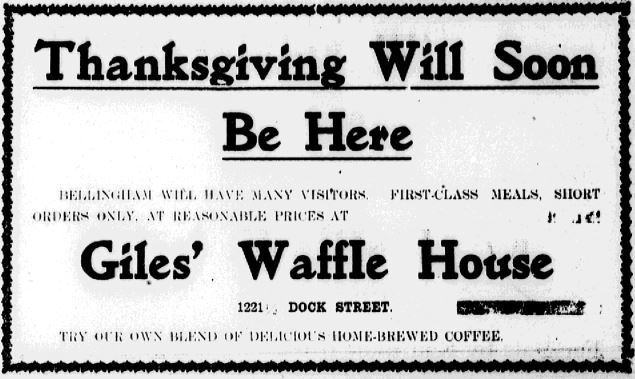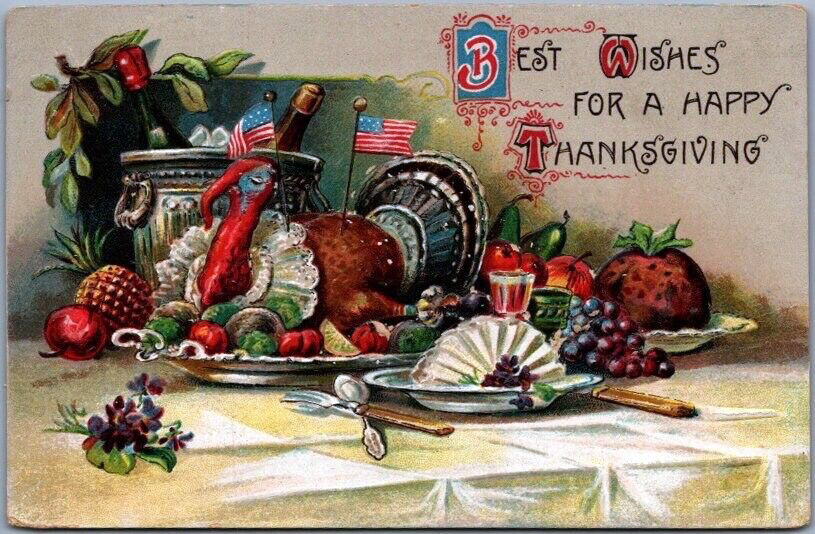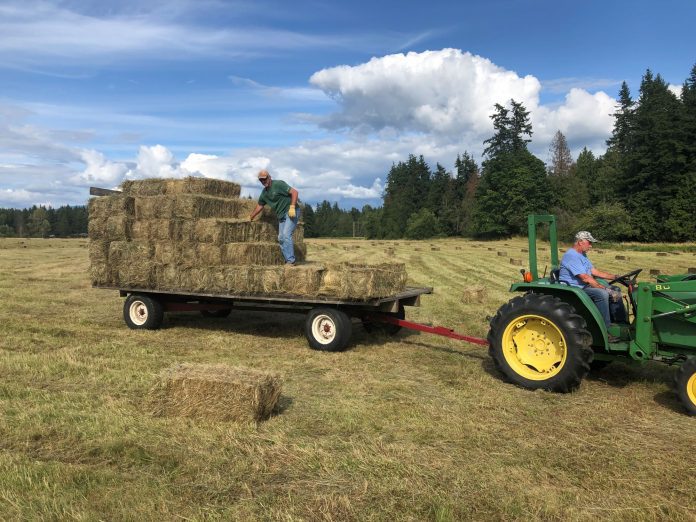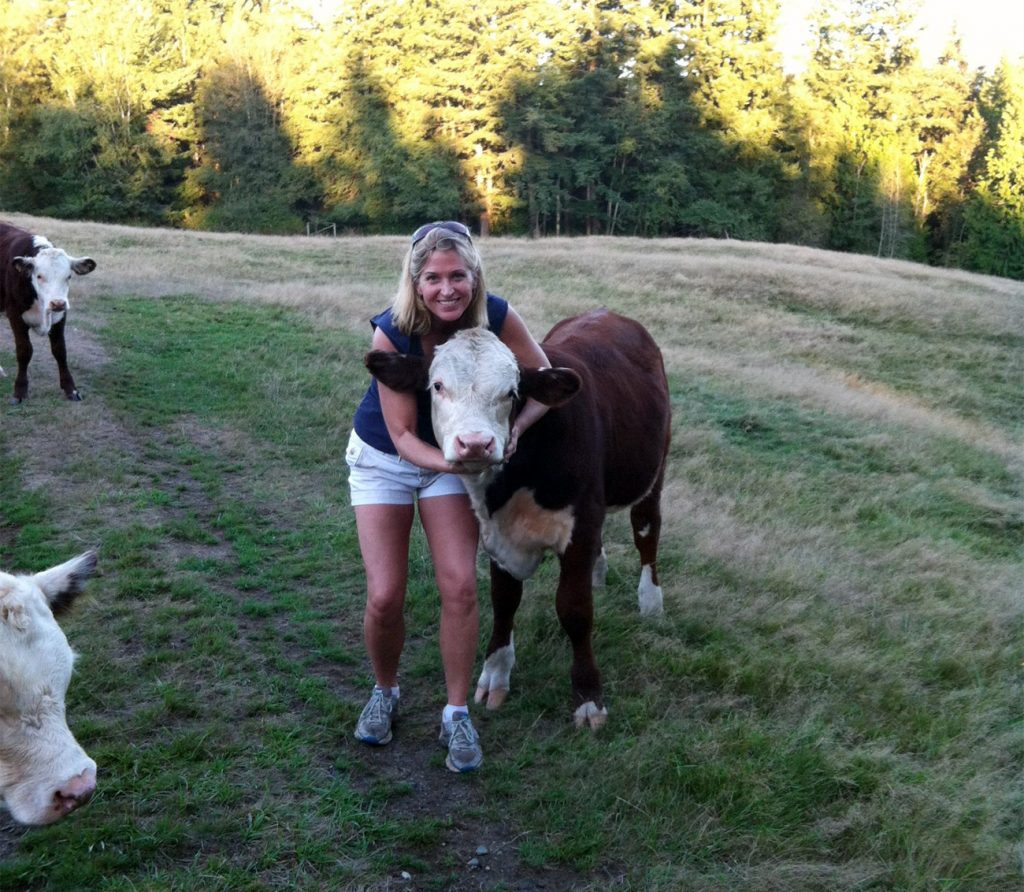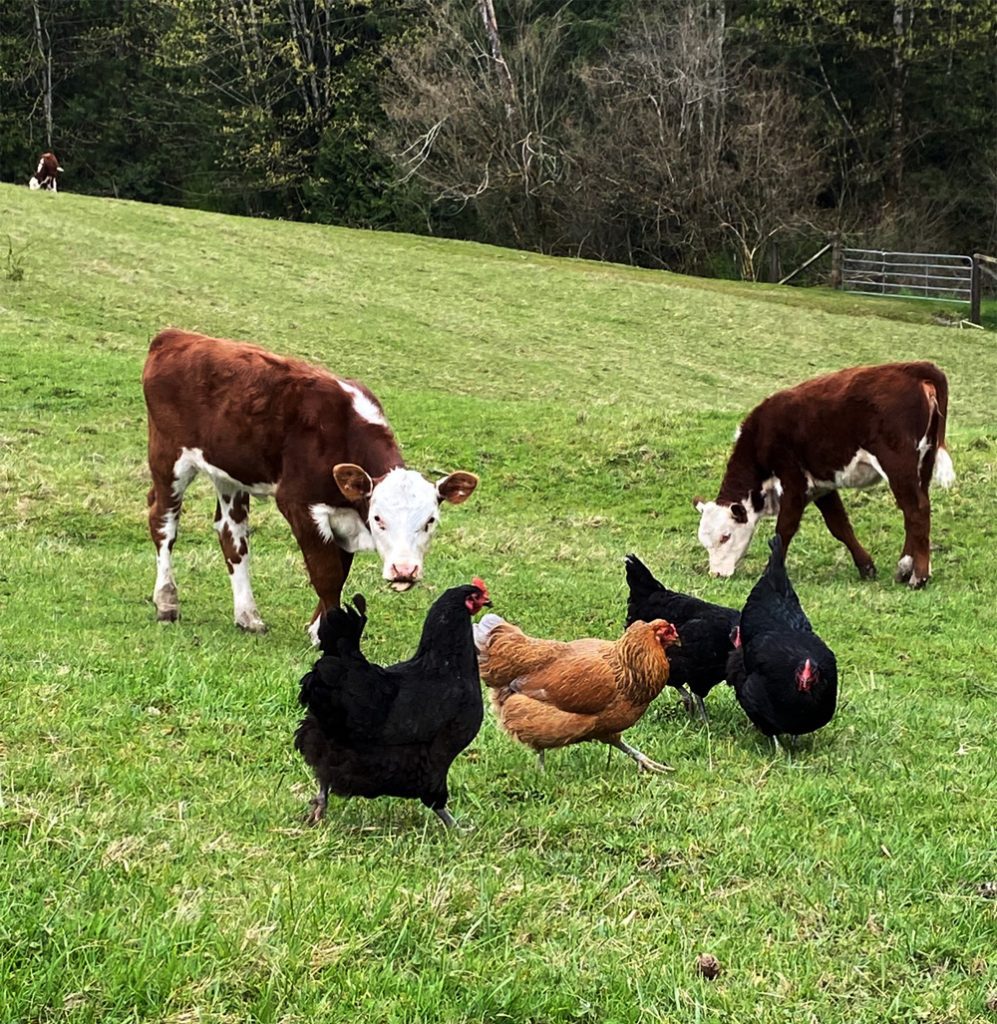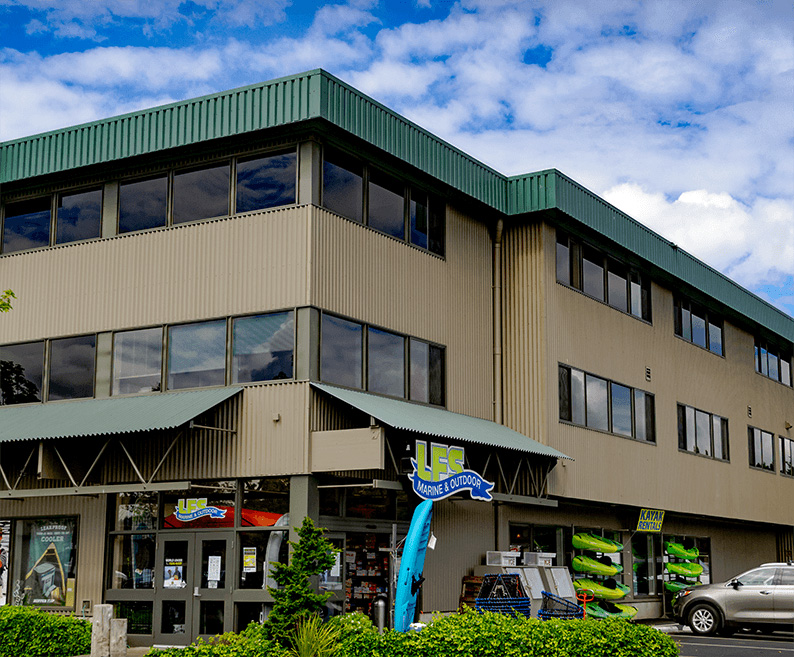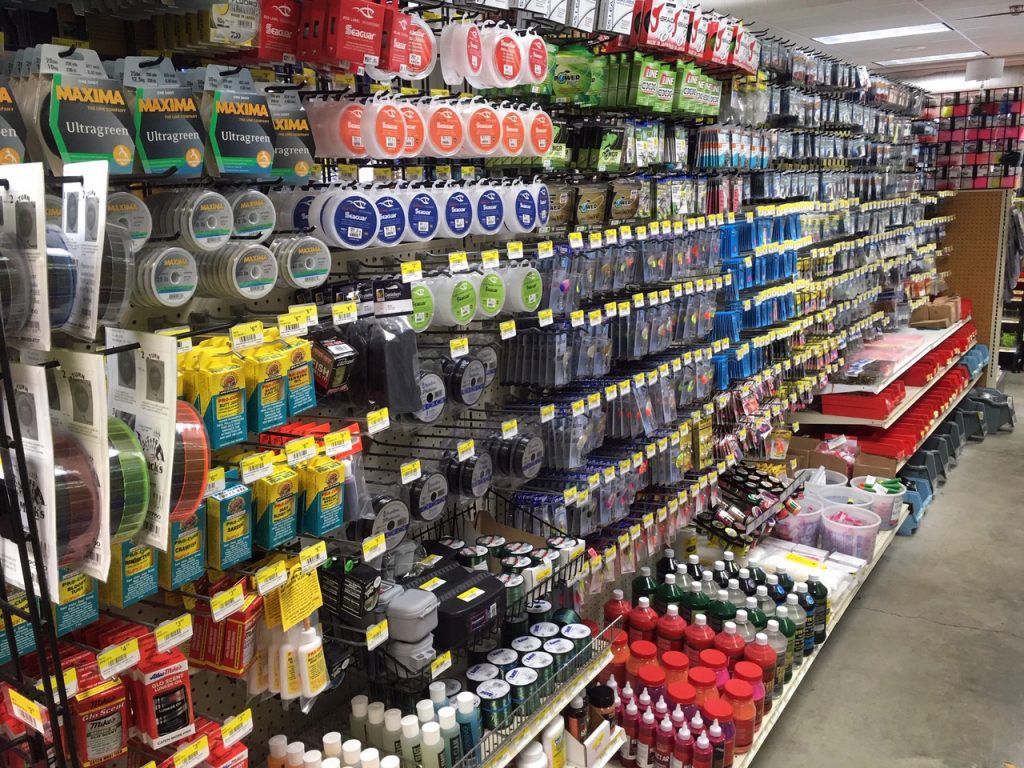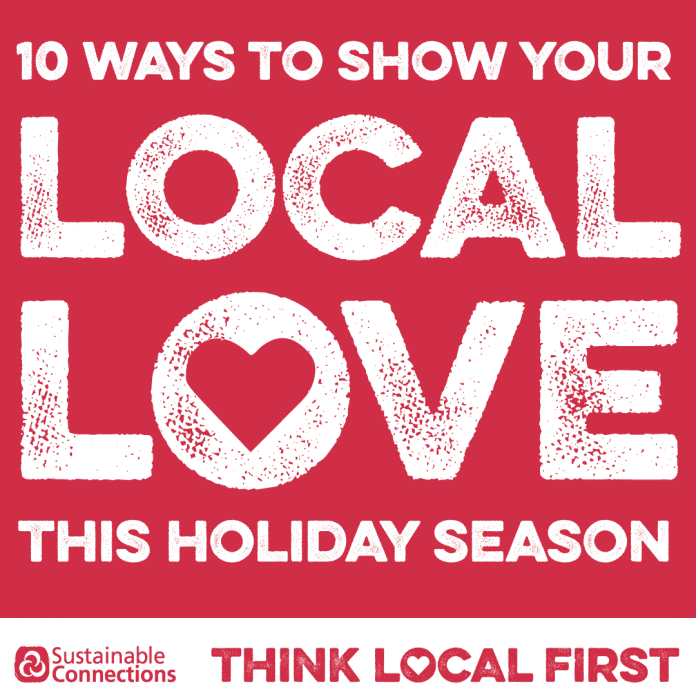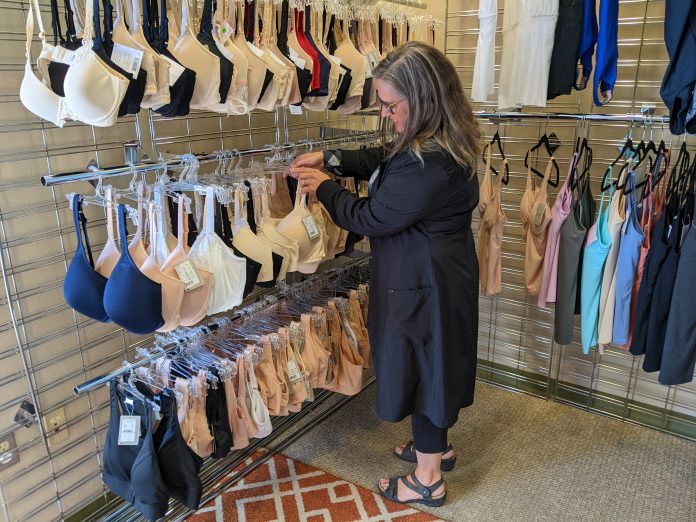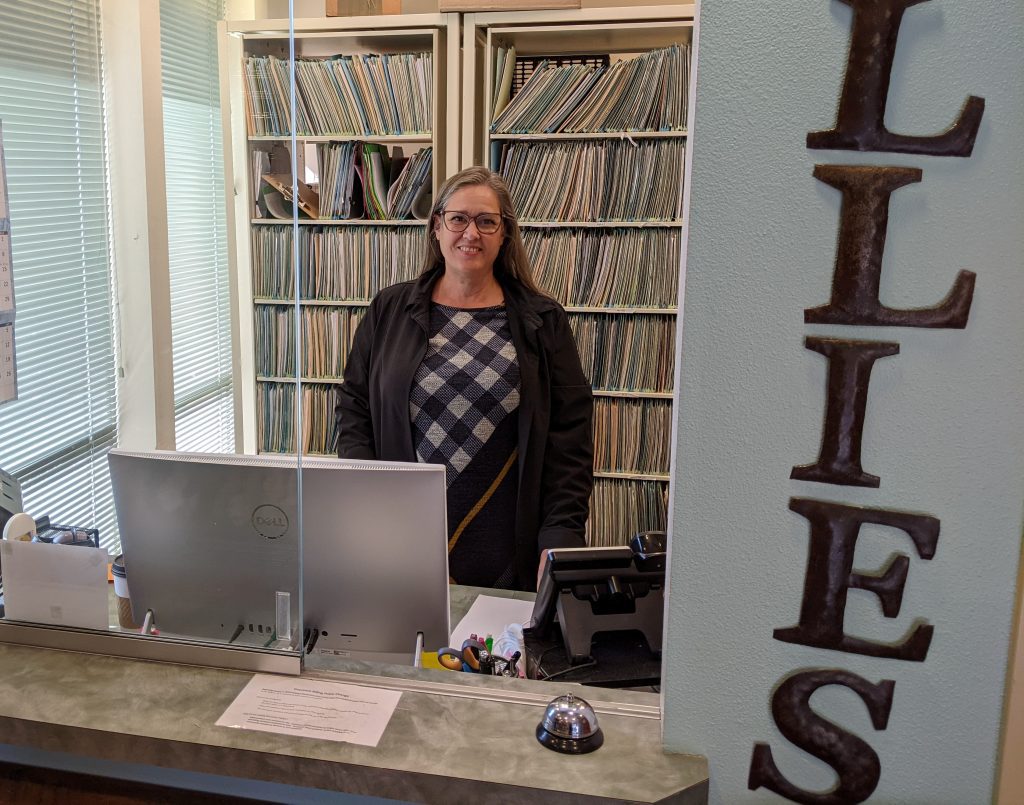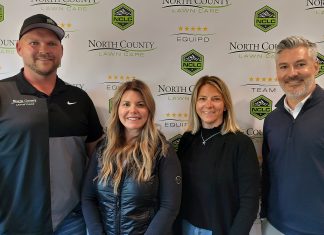You’ve probably received an email from the Nigerian prince who needs help to get his money out of the country. You’ll reap rich rewards for investing a sum of your own. You laugh because now it’s a well-known internet fraud, but unfortunately, people still fall for it. Scammers have become more sophisticated. “They adopt new technology faster than most of the public,” notes Dennis D’Amrosio, vice president of the Fraud/Investigations Office at Heritage Bank. He’s spent 25 years working to protect and educate customers from tangling with scams and fraudulent activities. He warns that elderly fraud scams are not limited to senior citizens either. They will target anyone, and many smart people fall prey every day who end up giving away thousands of dollars that they will never see again.

Internet Scammers are Professional Thieves
Phone, emails and texting platforms are all sites for unscrupulous people to enter your life.
Scammers are experts at striking at your vulnerabilities, your fears and your kind heart. Scammers are aggressive. They speak quickly, use fear-inducing words and threaten you. They are amazingly convincing, whether it is conveying happiness about you winning a grand prize or fright that you are going to be arrested. “Your head starts spinning,” says Dennis. You want to do the right thing and get caught up in the emotion.
Skepticism Gives Time to Examine Possible Senior Fraud and Scams
Dennis literally deals with fraud and scam issues daily. He tracks demographic trends and news events to imagine what’s next. The day student debt forgiveness was approved, scammers jumped into action creating fake sites to register. Refund scams are abundant now. You learn you have overpaid for something and need to repay the extra money back via cash, wire or person-to-person app. It’s not only older people who lose money. It can happen to anyone. People are caught off guard during a stressful time and it happens quickly. That one reason why taking a few minutes to think is a good idea. It’s worthwhile to be skeptical.
One of the most frightening scams is when someone gets remote access to your computer. What you are seeing on your screen is being manipulated. Your $120 deposit now shows
$120,000. You believe you need to refund that immediately. There are many ways people work to extract your money.

Common Internet and Phone Scams
- Advance fee: You pay money now to receive something of greater value, whether it’s more money or a gift.
- Gift cards: You are supposed to pay a bill, tax or fee via a gift card.
- Family emergency: A supposed family contacts you in need of money for medical treatment, bail or some other emergency.
- Tech support: You’re told your computer has a virus and someone with remote access can fix it for you.
- Business impersonation: It looks like Amazon, Apple, Microsoft, Geek Squad or McAfee but it’s not.
- Dating: A distance romantic relationship asks for money.
- Hacker: Someone promises to safeguard your identity if you pay them.
- Imposter: A call comes from a bank investigator, IRS, Social Security or FBI and wants money.
Red Flags Alert You to Money Scams
- You were told not to disclose the true purpose of your withdrawal or sending of funds
- You were pressured to send money and told not to tell anyone
- You were coached to provide a false story for the purpose of withdrawing funds
- You were contacted by someone you met online asking you to send money for an emergency

Protect Your Accounts and Devices from Scams
- Don’t click on links from unsolicited/unexpected emails or texts
- Don’t give out any personal or sensitive information like PINs and passwords
- If you are sending money electronically, know the person and double check the information
- Use multi-factor authentication, which means you need two elements to enter an account such as a password plus a fingerprint or authentication code
- Keep an eye on your bank account regularly
- Sign up for notifications for credit card charges
- Have a lock on your phone
Prevent Fraudulent Activity
If you are ever pressured to click on a button or get funds to give to someone, take a breath. Call someone you trust and tell them what’s going on. You’re not getting arrested or going to jail. Your utilities are not getting shut off in the next hour. Scammers want you to be secretive and act quickly. If something sounds too good to be true, it probably is! If you have been scammed once, be extra cautious. You will likely be the recipient of those who want to help you get your money back—they just want more. Initiate conversations with your aging parents and your adult children. Immunity is not guaranteed no matter how smart you are. “We want to prevent you from losing your money,” says Dennis.
Heritage Bank has been serving our community for decades and are here to help you, no matter your situation. You will find a range of banking products and services for individuals and businesses. Contact a branch near you or make an appointment for your personal needs. For more information on scams, check out Heritage Bank’s Privacy, Security & Fraud Prevention page or visit The America Banking Association website and read about their program Safe Banking for Seniors.
Sponsored































